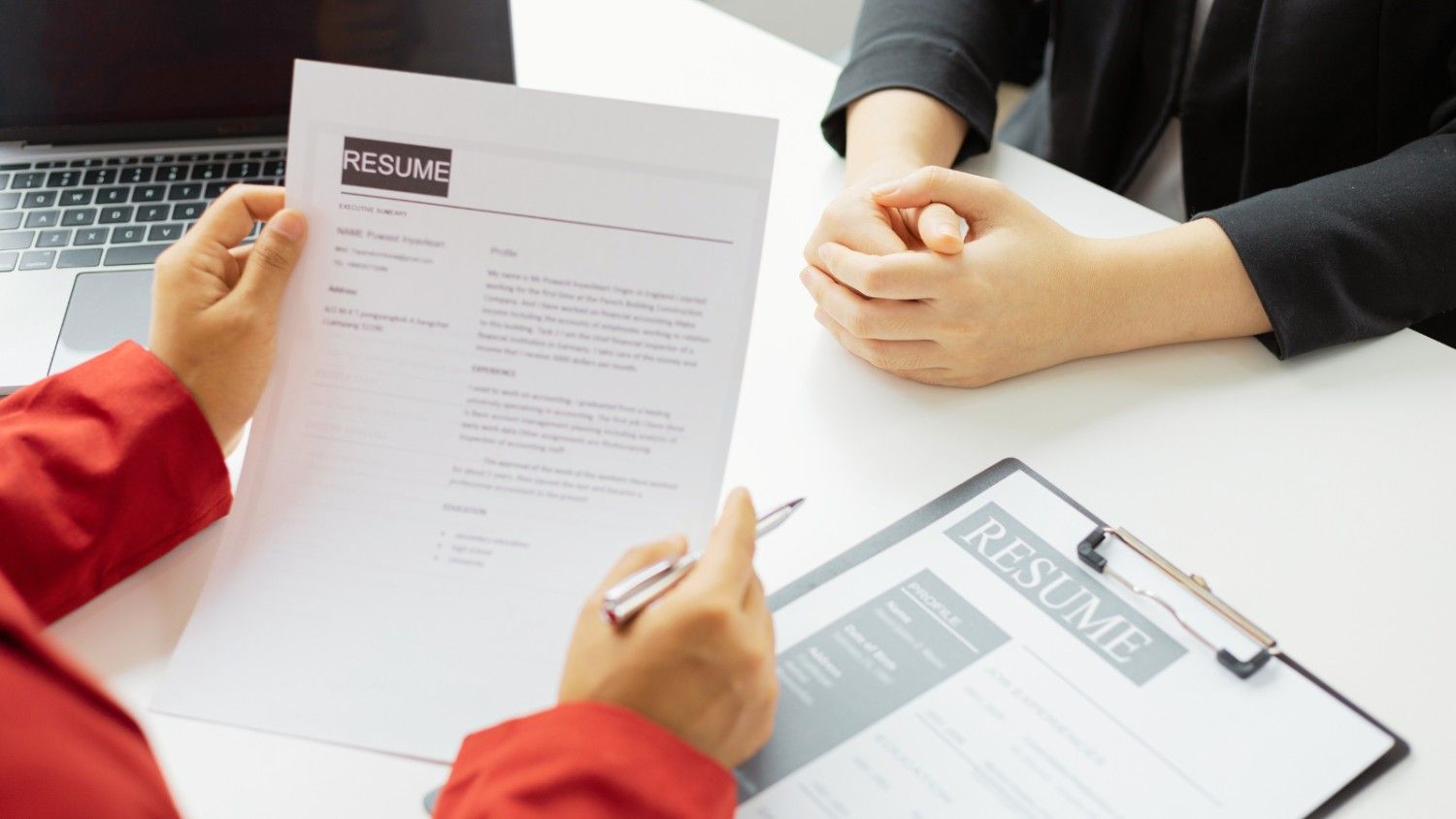How to do a Reference Check

Many employers erroneously believe that it is impossible to get meaningful reference checks for a new hire. They believe that either the reference will only verify basics, giving “name, rank and serial number” for a past employee, or, that the reference will be well-rehearsed (by the candidate) and give only platitudes. You can overcome this and get solid info from references by approaching it the right way. Note: This approach is mostly applicable for managerial and executive level candidates.
During the interview, gather names of key people, mostly bosses. When you request a list of references, ask for 9 people: 3 bosses, 3 peers, 3 subordinates. The candidate expects you to ask for 3. No one could rehearse 9 people. You won’t call all 9, but having them at hand gives you options. If the names you gathered during the interview don’t appear on the reference list, ask why. If someone is finessing their departure or misleading you about the quality of their experience at a particular employer, this is a good way to flush out the possibly messy details. Ask specifically if you can call the people they had mentioned in the interview. Plan to call at least 2 bosses, one peer and one subordinate.
Your reference check questions should be well-prepared. Plan to “build” in the conversation, asking easier questions first, and more challenging questions later. Early questions can include how long the reference knew the candidate, in what context, what their overall impression or rating might be, and what special skills or talents stand out for the reference. Easy so far.
Next, describe the job itself in a sentence or two, then ask, “What do you think about his/her capability to do that job?” Be prepared to probe “What makes you feel that way? What did he/she do for you that gives you the confidence to say that?”
The meat of the reference check call should be focused on the candidate’s specific ability to achieve the goals in your job. If you have followed our oft-repeated recommendations, your job descriptions are focused on performance objectives – the results that need to be achieved within the first year. For each of these objectives, you simply turn the question around.
Example: “We need for [candidate] to [state the objective]. What is there in his/her background that would ensure he/she could achieve this goal?” You can probe for additional details, asking “What evidence did you see of that ability? What makes you confident in saying that?”… and similar questions meant to pierce any possibly rehearsed answers. We recommend asking 3-4 of these performance objective related questions. The heart of someone’s capability will come out of what the references say about these.
Ask if the person would rehire / want to work with the candidate again. Anything less than total enthusiasm should be probed further. Ask what shortcomings the person had, or areas in which they needed some improvement. If something serious emerges, ask how it impacted their work, relationships at work, etc.
At the very end, we like to ask, “What have I not asked you about that would be useful for us to know?” Very interesting details often emerge when you give a reference a blank canvas!
























